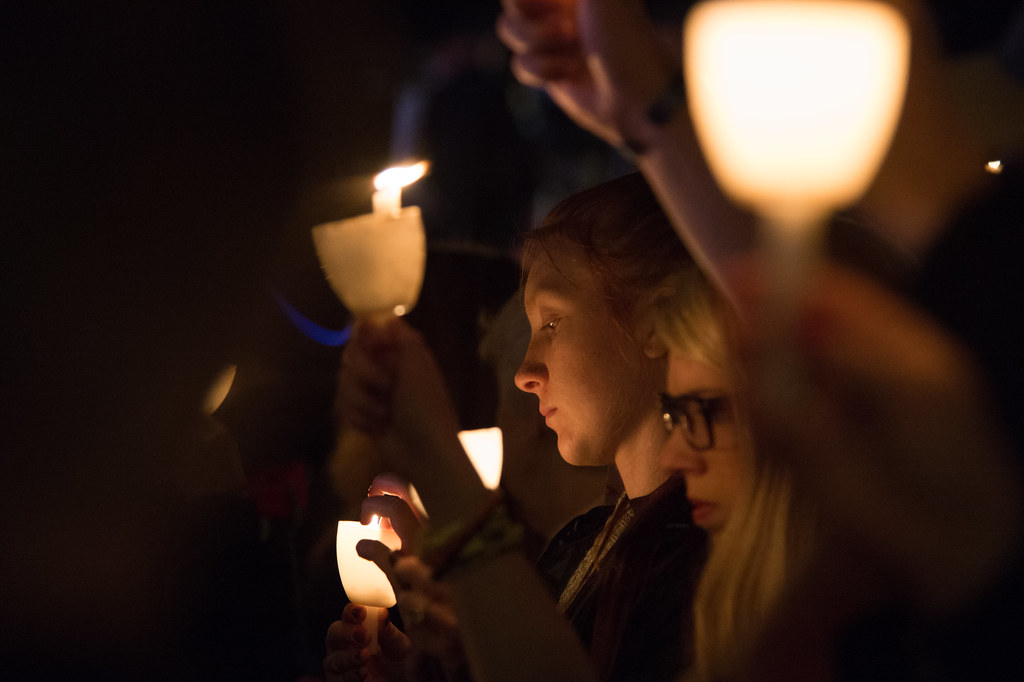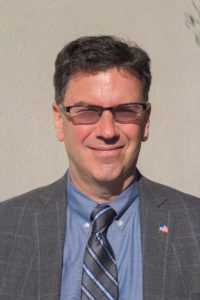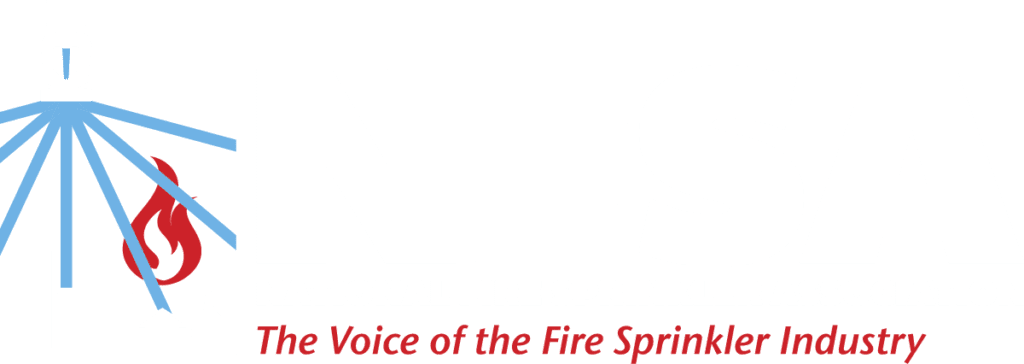Reactive Versus Proactive

From the desk of Chair Mezaros: Jan/Feb 2019
All of us that have been involved in the fire sprinkler industry for a number of years have come to realize that our industry has most often moved forward reactively as opposed to proactively after one horrific fire tragedy or another.
Seton Hall Fire, 2000
 On January 19th, 2000 a fire broke out in a freshman dormitory at Seton Hall University in my home state of New Jersey. Sadly, three young college freshmen died in that fire. Frank S. Caltabilota, Aaron C. Carol, and John C. Giunta were the students who perished in the fire that occurred in the wee hours of the morning. Their parents had sent them on their way just a few months earlier, with hopes and aspirations in hand. Having put three children through college myself, I can attest to the fact that the nervousness that occurs when dropping them off at college for the first time is incredibly overwhelming. I still get teary eyed reminiscing about the day I left my beautiful daughter alone at her dormitory her freshman year for the first time. Luckily, that was some seven plus years ago and I knew that her dormitory was equipped with sprinklers. I knew because I had previously made sure that it was. It was equipped with sprinklers because of the fire that had occurred at Seton Hall University some 10 years earlier.
On January 19th, 2000 a fire broke out in a freshman dormitory at Seton Hall University in my home state of New Jersey. Sadly, three young college freshmen died in that fire. Frank S. Caltabilota, Aaron C. Carol, and John C. Giunta were the students who perished in the fire that occurred in the wee hours of the morning. Their parents had sent them on their way just a few months earlier, with hopes and aspirations in hand. Having put three children through college myself, I can attest to the fact that the nervousness that occurs when dropping them off at college for the first time is incredibly overwhelming. I still get teary eyed reminiscing about the day I left my beautiful daughter alone at her dormitory her freshman year for the first time. Luckily, that was some seven plus years ago and I knew that her dormitory was equipped with sprinklers. I knew because I had previously made sure that it was. It was equipped with sprinklers because of the fire that had occurred at Seton Hall University some 10 years earlier.
It was a senseless fire that cost those three young men their lives that night. Sean Ryan and Joseph T. LePore set fire to a couch as a prank late that evening. At the time I would imagine they didn’t think of the potential consequences of their actions. Students had become accustomed to ignoring fire alarms, because they went off regularly. Unfortunately, on this night they went off for a very valid reason. Even more unfortunate was the fact that the dormitory they were residing in was built prior to fire sprinklers being required by the local building codes.
In response to that fire, New Jersey became the first state in the nation to mandate fire sprinklers in residence halls. I was a founding member of the Coalition for Safe Student Housing. Luckily, John V. Kelly was the chairman of the New Jersey State Assembly’s Committee on Housing and a staunch fire safety advocate. John had the political juice to help push this across the finish line for us. If wasn’t for him, I doubt we would have been able to make it happen.
MGM Grand Fire, 1980
 Most of you are aware the MGM Grand fire that occurred on November 21, 1980 in Las Vegas. 87 people died as a result of that fire. In less than three months after the fire, the state’s building and fire codes were revised to require that all hotels taller than 55 feet were required to be retrofitted with fire sprinklers, and all future new construction equal or greater than three stories would also require fire sprinklers to be installed. A significant driving factor in the passing of these stringent requirements at the time was the devastating financial impact the fire had on Las Vegas tourism. I’ve often wondered if this fire had occurred in an area that was not as dependent on tourist travel if they would have moved as quickly, or even at all.
Most of you are aware the MGM Grand fire that occurred on November 21, 1980 in Las Vegas. 87 people died as a result of that fire. In less than three months after the fire, the state’s building and fire codes were revised to require that all hotels taller than 55 feet were required to be retrofitted with fire sprinklers, and all future new construction equal or greater than three stories would also require fire sprinklers to be installed. A significant driving factor in the passing of these stringent requirements at the time was the devastating financial impact the fire had on Las Vegas tourism. I’ve often wondered if this fire had occurred in an area that was not as dependent on tourist travel if they would have moved as quickly, or even at all.
Preparing for the future
So, if you’re reading this you most likely agree that fire is bad, and fire sprinklers are the most effective way to protect us all from the devastation of fire. NFSA has been a driving force in code change and the acceptance of fire sprinklers for many years now. We proactively try to educate, promote and support code changes in favor of fire safety and fire sprinklers. As we have pushed proactively for their requirement in our homes, high-rises and other at risk facilities, we have been readying ourselves with facts and data, and building supporters for the day that we are forced to make our case reactively to yet another fire-related tragedy. NFSA is currently prepared and will continue to remain prepared for any such occurrence. It’s what we as members have come to expect from NFSA. Our hardworking president and his talented staff are working tirelessly in the trenches to ensure our case is made successfully. As your chairman, I will work hard to ensure that while we at NFSA continue to proactively push the acceptance of fire sprinklers, we are ready to react to whatever fire tragedy we are faced with.
Once again, I want to remind you that I’m honored to serve our members and industry. I encourage you to please reach out to me to share any thoughts and ideas you may have to better our industry.
Respectfully yours,
Kent Mezaros
Kent Mezaros
 With over thirty years of fire protection experience, Kent has been very active in promoting the use of fire sprinklers for both life safety and property protection. In 2018, Kent was elected as Chairman of the Board of the National Fire Sprinkler Association (NFSA) after serving as the NFSA Vice Chairman of the Board. Kent is the Chief Executive of Quick Response Fire Protection in Freehold, New Jersey.
With over thirty years of fire protection experience, Kent has been very active in promoting the use of fire sprinklers for both life safety and property protection. In 2018, Kent was elected as Chairman of the Board of the National Fire Sprinkler Association (NFSA) after serving as the NFSA Vice Chairman of the Board. Kent is the Chief Executive of Quick Response Fire Protection in Freehold, New Jersey.
